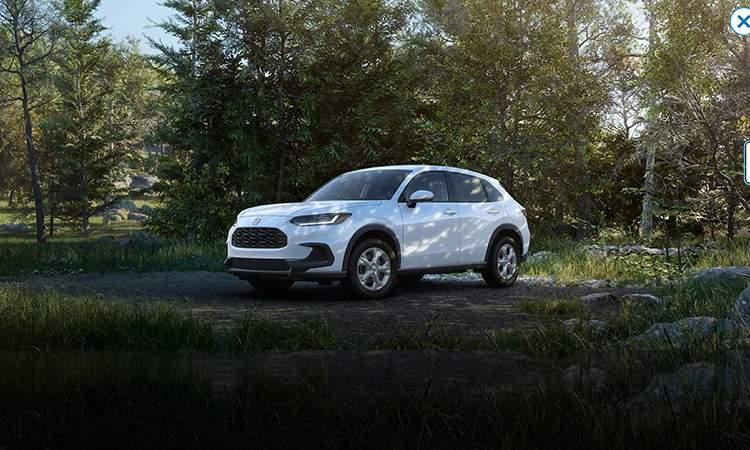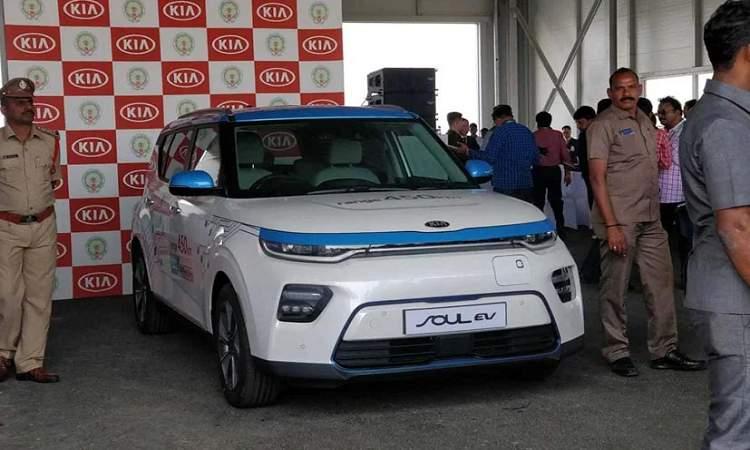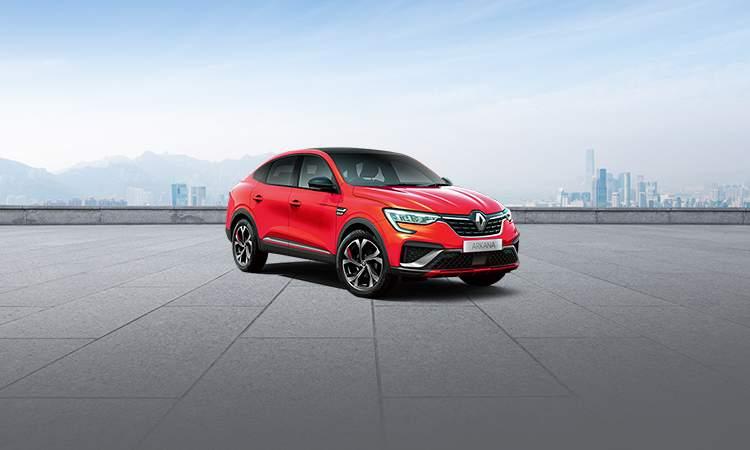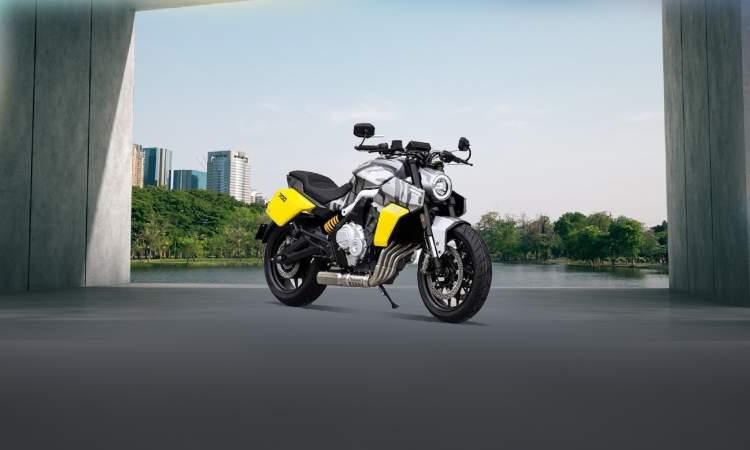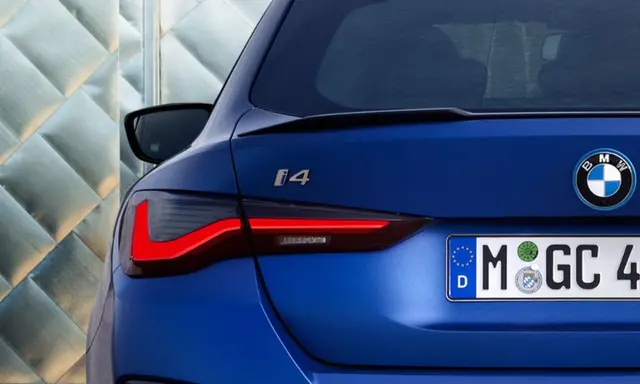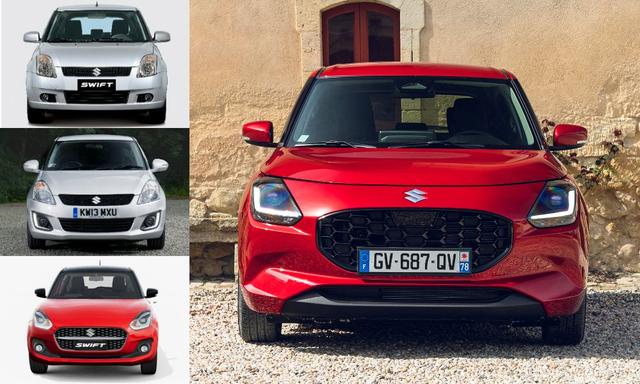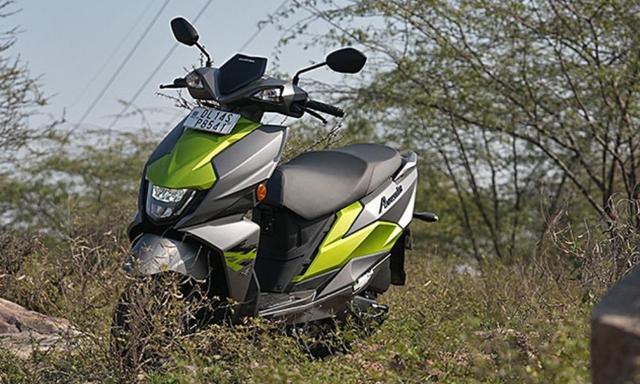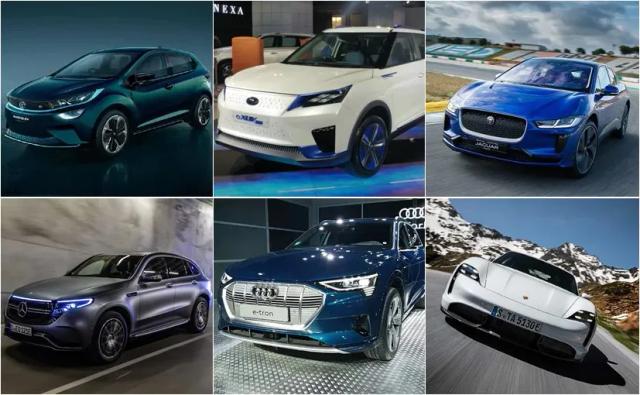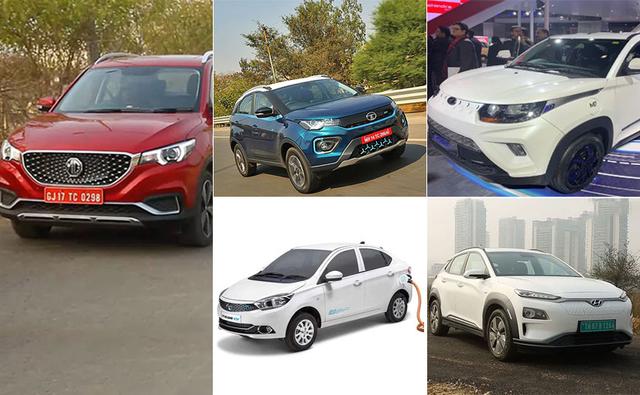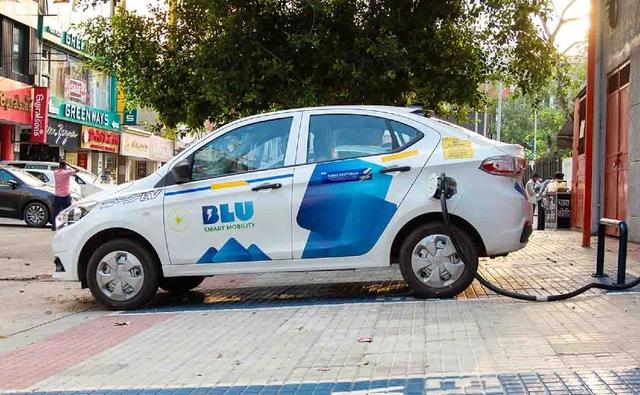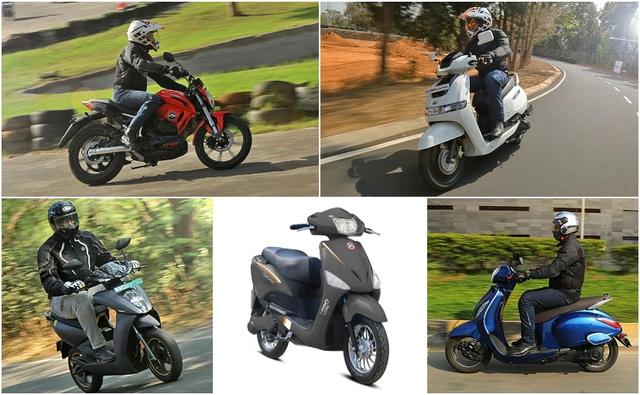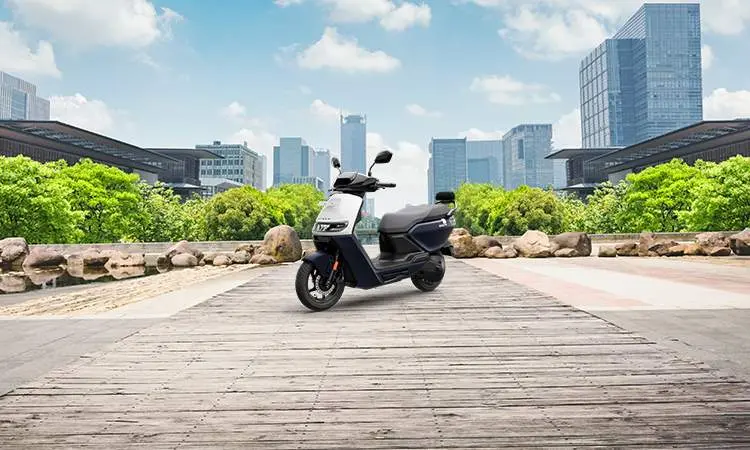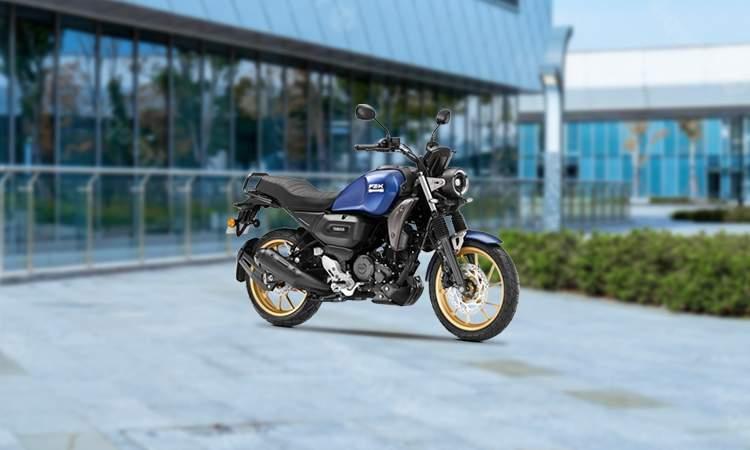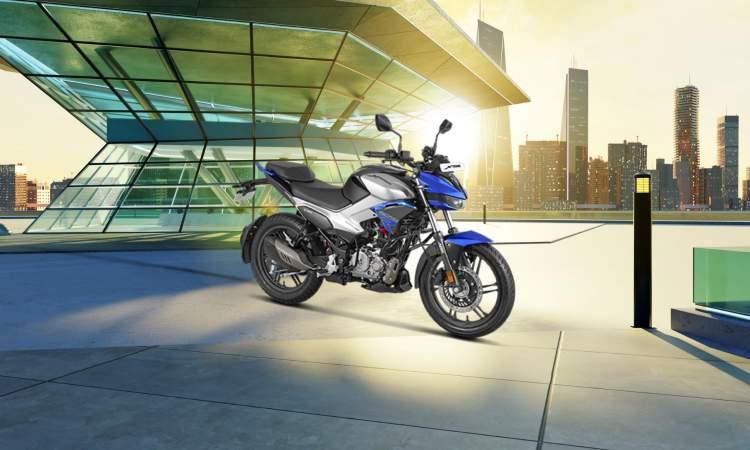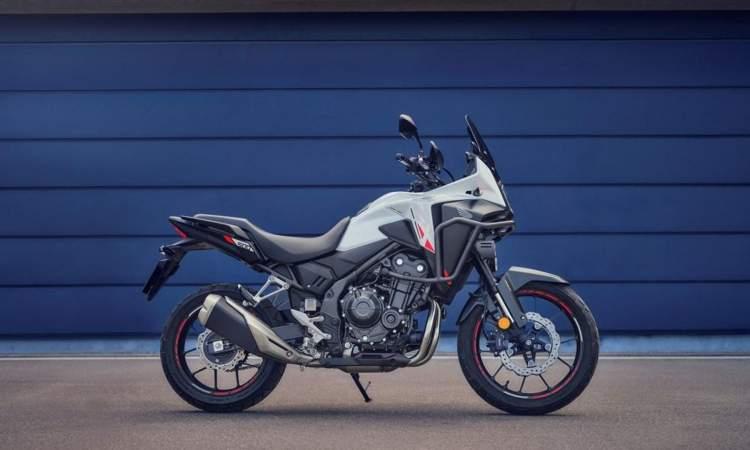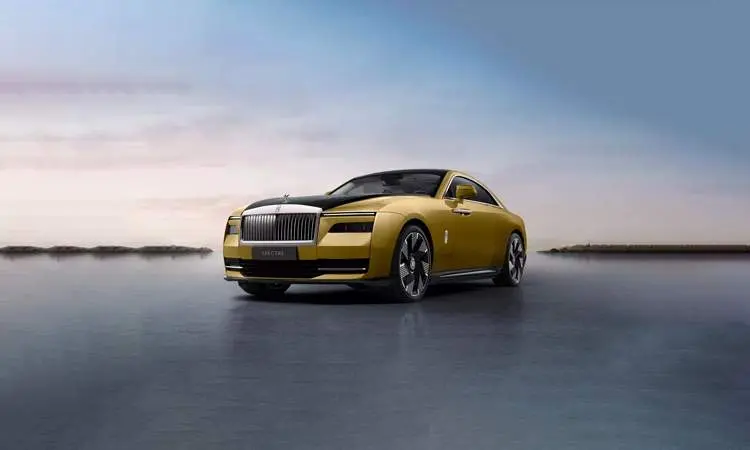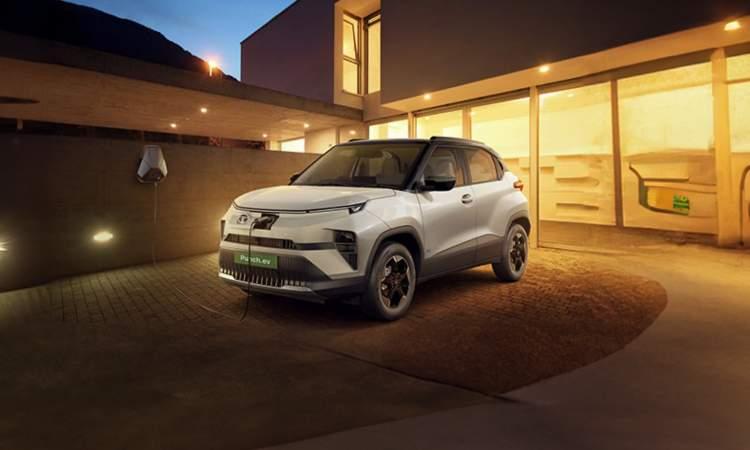World Environment Day 2020: 10 Tips To Make Your Vehicle More Eco-Friendly
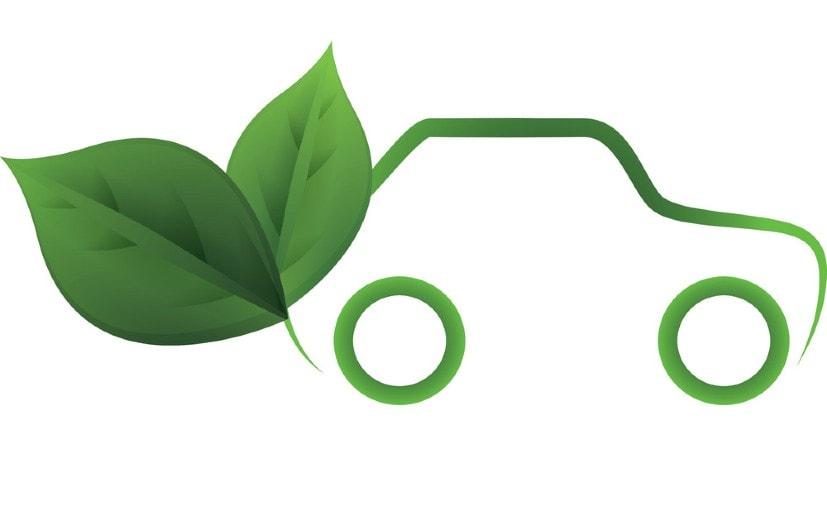
Highlights
- Timely service, tyre pressure check & replacing parts go a long way
- Do not fill up your fuel tank all the way up to the brim
- Try to carpool or use a bicycle where a vehicle can be avoided
If 2020 has taught mankind anything, it is that we cannot take mother Earth lightly. It is, after all, the only planet we have and the only one we need to make sure she survives and thrives. Here's the best part, when not meddled with too much, nature heals itself. The pandemic and the subsequent lockdown proved this as our waters are now cleaner, the skies are bluer and the forests greener. But, the lockdown won't be here for long hopefully and that means you and I need to be more responsible as vehicle users to keep the environment safe. This World Environment Day, here ten ways to make your vehicle more eco-friendly.
Also Read: World Environment Day 2020: Upcoming Electric Cars In India

Timely visits to the workshop will only help improve the vehicle life
1. Follow the regular maintenance schedule
We can't stress enough how much a regular maintenance check of your vehicle goes a long way in helping the environment. Regular oil checks, engine tune-ups and a check on the wear and tear of all cycle parts will not only help improve the life of the vehicle but also improves fuel efficiency and that is good for the environment. Timely service ensures that the engine is free moving as oil turns more viscous over time. New oil keeps the lubrication fresh causing minimal resistance between parts. Similarly, cleaning/replacing your spark plugs on time, replacing your oxygen sensor when needed and topping up the coolant for the radiator will only help the engine burn fuel more efficiently and maximise on power and mileage.

Used engine oil needs to be disposed responsibly. Check with your local oil distributor on recycling methods followed by oil companies
2. Dispose of used engine oil responsibly
A major side-effect of regular servicing is irresponsible dumping of engine oil. Whether it is you or the mechanic, follow the proper channel to dump used engine oil. Most oil companies do have a recycling program and it would be best to contact them to collect the oil. Please do talk to your mechanic about this and make sure to make them aware of the harms of dumping oil in the sewers that usually end up in lakes and oceans.

Do not fill fuel to the brim in your fuel tank in order to allow the harmful gases to stay in the tank
3. Avoid topping off at the fuel pump
A lot of car and two-wheeler users have the tendency to fill the vehicle's fuel tank to the brim even after the nozzle shuts off. Now, you may want to maximise your time at the fuel pump by filling the tank to the top, but is also harmful for the environment. Fuel is volatile and tends to release harmful vapours in the air that gets trapped in the fuel tank. The tank needs that additional space to let the gas expand. That's why the fuel tanks have more space than mentioned in the brochure.
Also Read: World Environment Day 2020: Top Tips To Save Fuel On Your Two-Wheeler

Check the fuel cap for cracks, rust or damages that may allow the harmful gases to leak
4. Check the fuel cap
This is in particular to older cars that have their share of bumps and scratches. Any cracks or damage to the fuel cap could result in the harmful gases to escape from the tank, instead of burning up in the engine. That's an emission you do not account for but is harmful to the environment. A damaged fuel cap needs to be replaced immediately on the vehicle.

Carrying unnecessary cargo in the car forces the engine to work harder burning more fuel and releasing more emissions than required
5. Lighten the load
A lot of people tend to fill their cars up with things. Over time, the boot starts to look like a dumping ground for all things not needed in the house. This, however, also adds unnecessary weight to the vehicle, thereby forcing the engine to work harder and burn more fuel to propel the wheels. So, in the interest of improving your fuel efficiency figures and the environment, it will be smart to remove all things that do not belong in the car. Reducing the weight of the vehicle has shown to improve fuel economy figures by six to 10 per cent. Moreover, the engine is not stressed anymore and will offer a better driving experience as well.
Also Read: World Environment Day 2020: Maruti Suzuki Develops New 5 Mega Watt Solar Plant At Gurugram Plant

Maintain correct tyre pressure to improve rolling efficiency from the rubber
6. Maintain tyre pressure
Another must do is to regularly check your tyre pressure. Under-inflated tyres do not roll efficiently increasing the drag on the vehicle. Once again, the engine works harder to propel the car or two-wheeler and ends up consuming more fuel than required. Keeping a check on the tyre pressure also helps to maintain the life of the tyre and expand its life further.

The newer car tyres from Michelin, Bridgestone, CEAT and other manufacturers promise a life of over 1 lakh km
7. Use tyres that offer a long shelf life
A major aspect to making your vehicle eco-friendly as tyres that last longer require fewer replacements. If your car or two-wheeler is due for a new set of rubber, it would be wise to invest in tyres that offer a longer life span. Brands like Bridgestone, CEAT, Michelin offer tyres that can last over one lakh kilometres, more than the average shelf life of car ownership.
8. Combine trips for fewer runs
Multiple short distance runs tend to burn more fuel as the engine never warms up to the optimal level and the car ends up consuming more fuel and resources. Moreover, multiple trips are a wastage of both time and resources for you, the driver. A little planning then will go a long way in helping reduce the number of trips you need to make to run errands. If you can, ditch the car or bike altogether and cycle to shorter distances. That's zero-emissions travel right there.
Also Read: World Environment Day 2020: Hyundai Adopts Eco-Friendly Practices In Its Service Network

Carpooling is a common sight in developed countries and needs to be adopted more in India | Photo Credit: Getty Images
9. Car Pool
Another aspect we can't stress enough on. Carpooling is being followed in many countries with dedicated lanes and we need to encourage this in India too. Clubbing trips with other office goers only helps reduce the burden of vehicles on the road while also reducing the carbon footprint from the vehicle. Now, we understand that social distancing advises against carpooling, so you can reduce the number of passengers to three from five, in-line with the government norms until the pandemic subsides.

Read the owner's manual of your vehicle. Always!
10. Read Your Owner's Manual
The owner's manual is the holy book to your vehicle and one that you need to read more often to understand about the service times, wear and tear, as well as general upkeep of your vehicle. Please take out the time and do read the owner's manual to know more about your car or two-wheeler and contribute better in making it eco-friendly.
Last Updated on June 5, 2020
Great Deals on Used Cars
View All Used Cars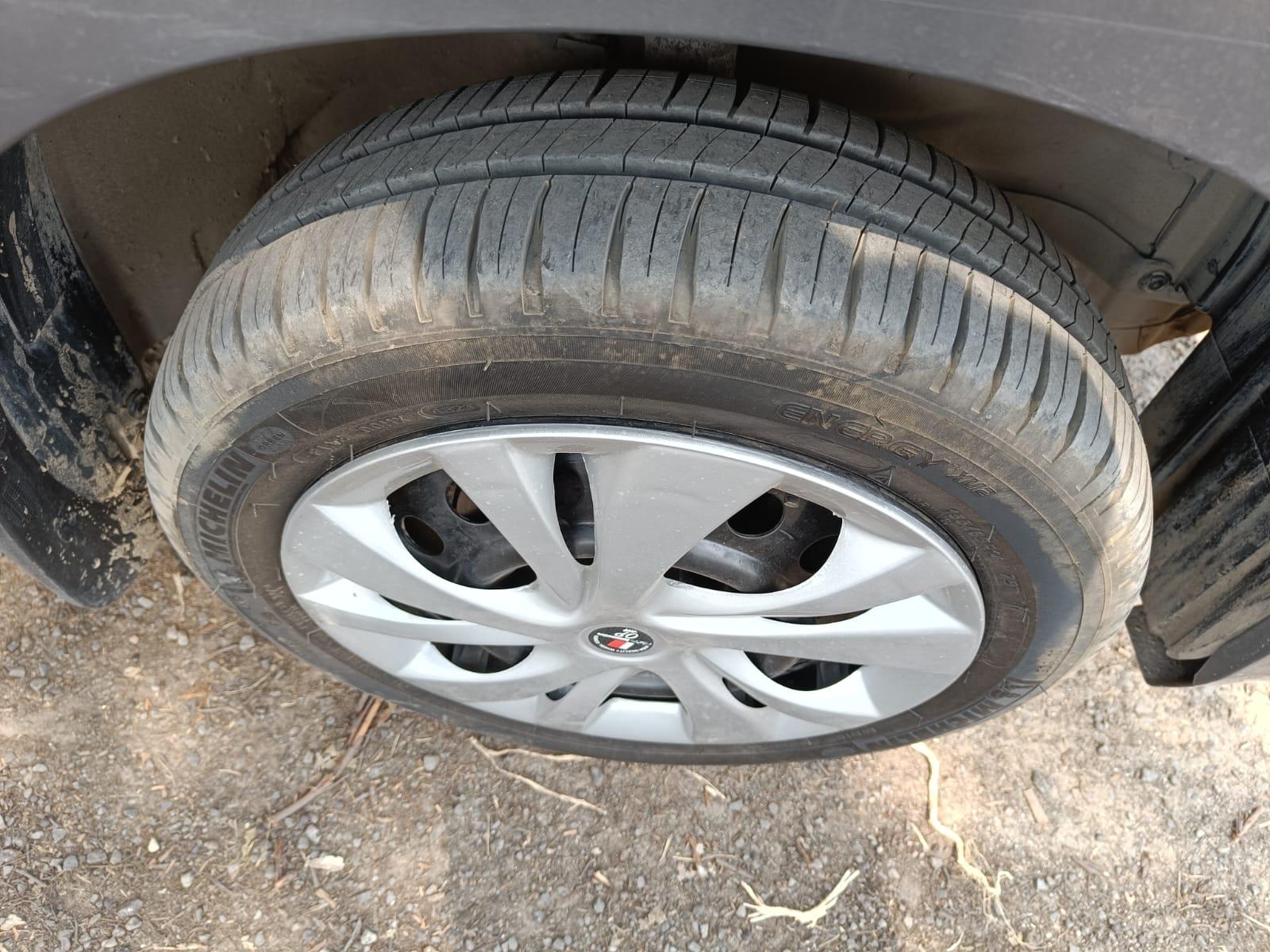
- 46,324 km
- Petrol
- AMT
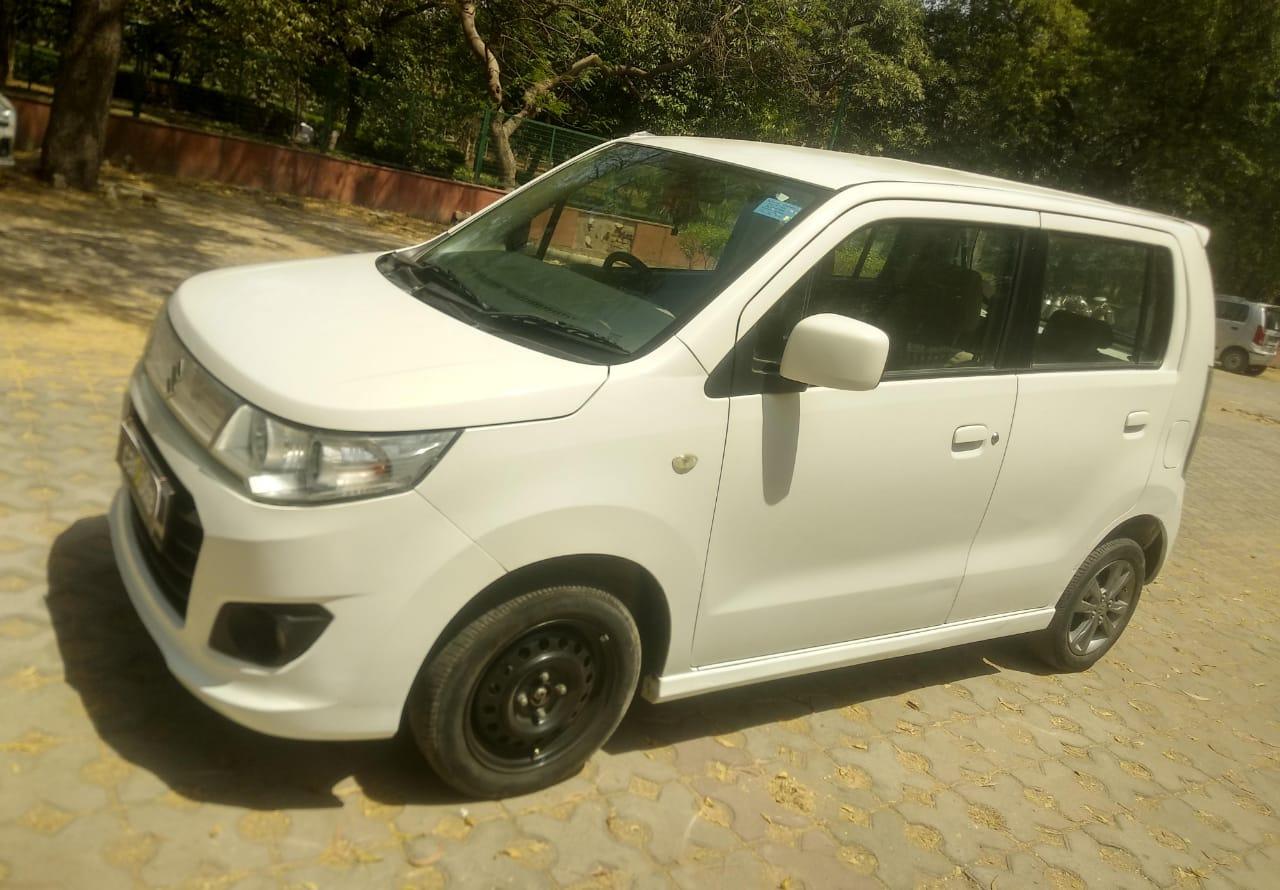
- 39,823 km
- Petrol
- AMT

- 35,000 km
- Petrol+CNG
- Manual
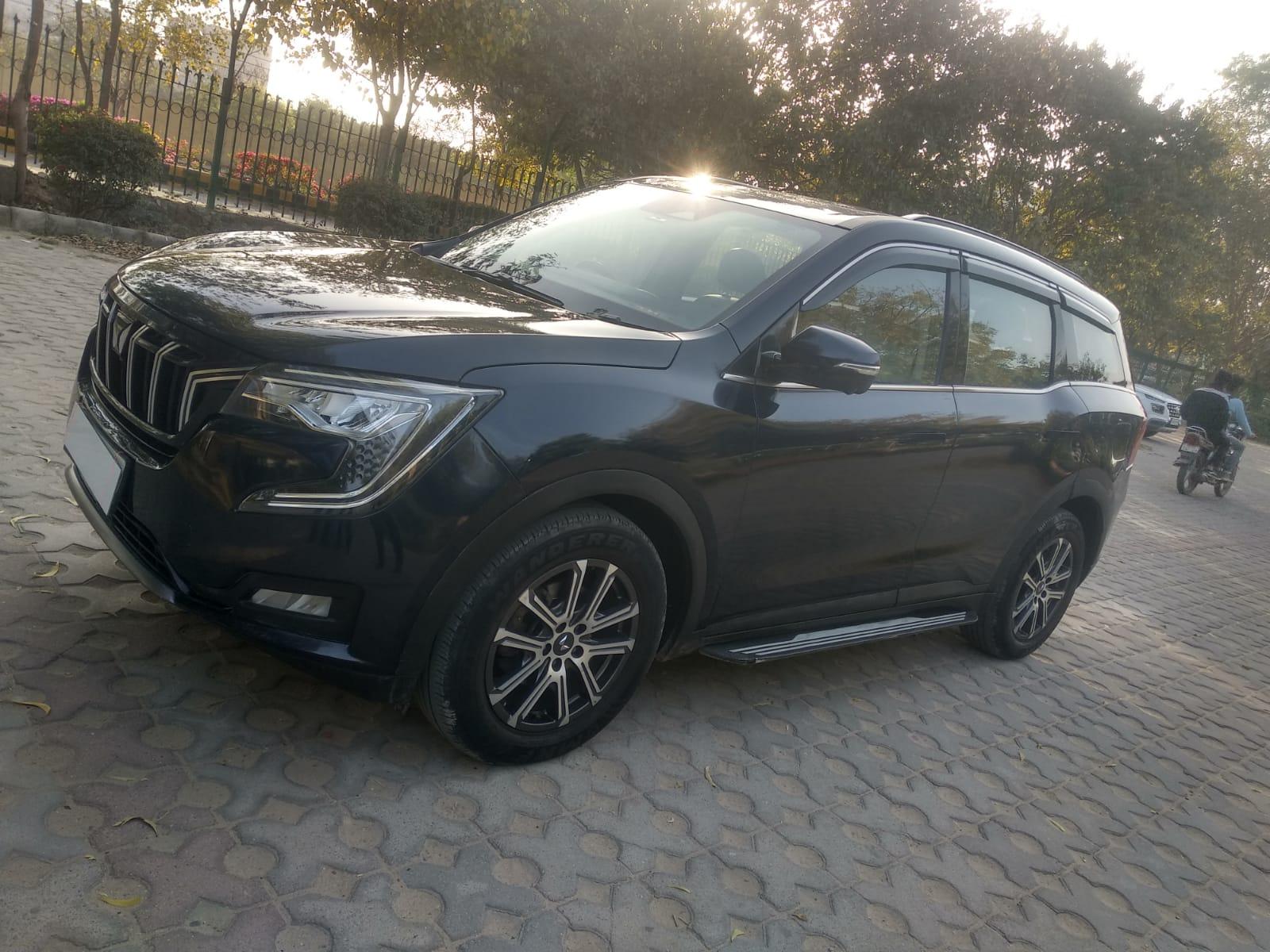
- 29,065 km
- Diesel
- Manual

- 16,178 km
- Diesel
- Automatic
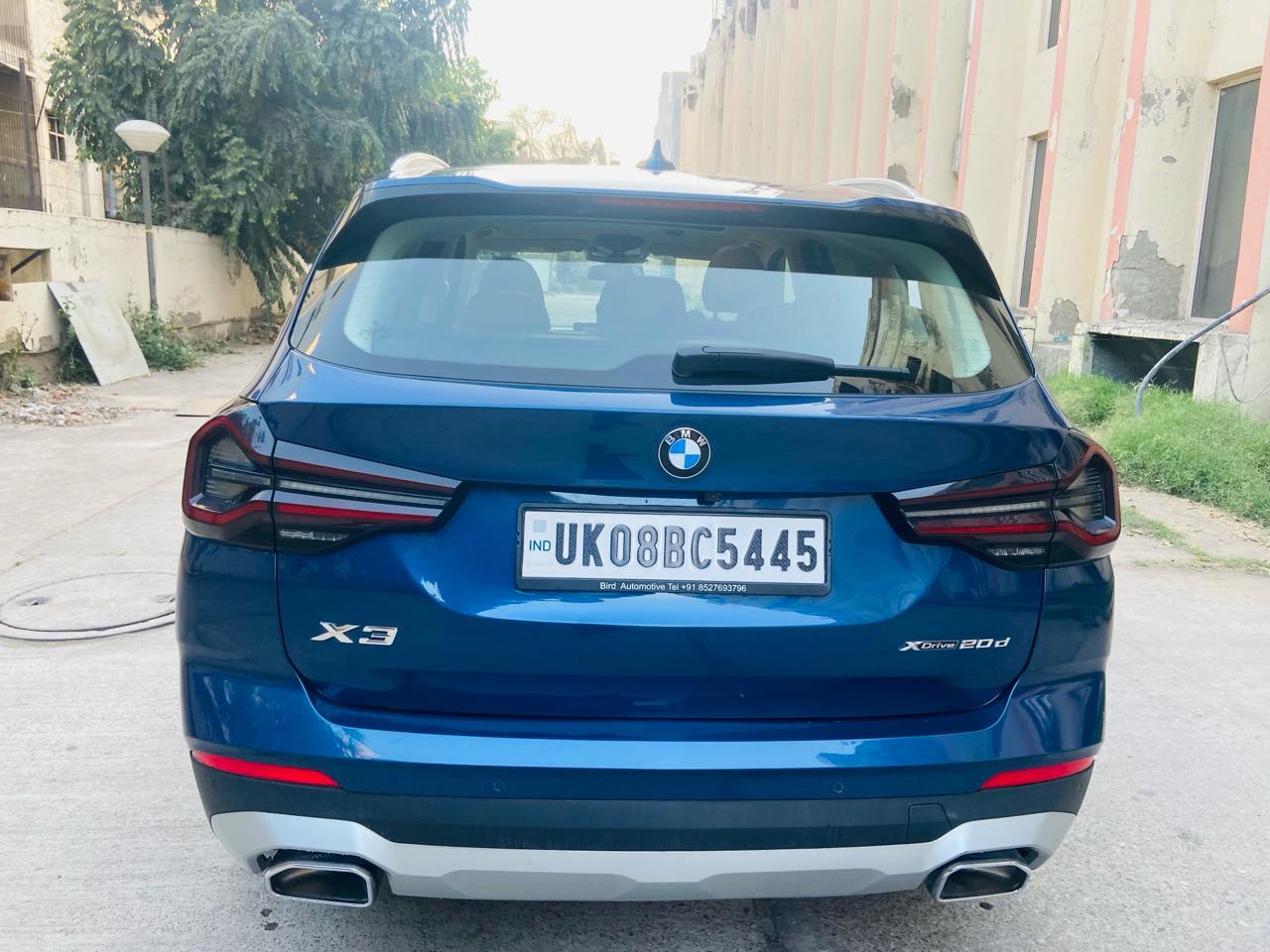
- 19,000 km
- Diesel
- Automatic

- 19,398 km
- Diesel
- Manual
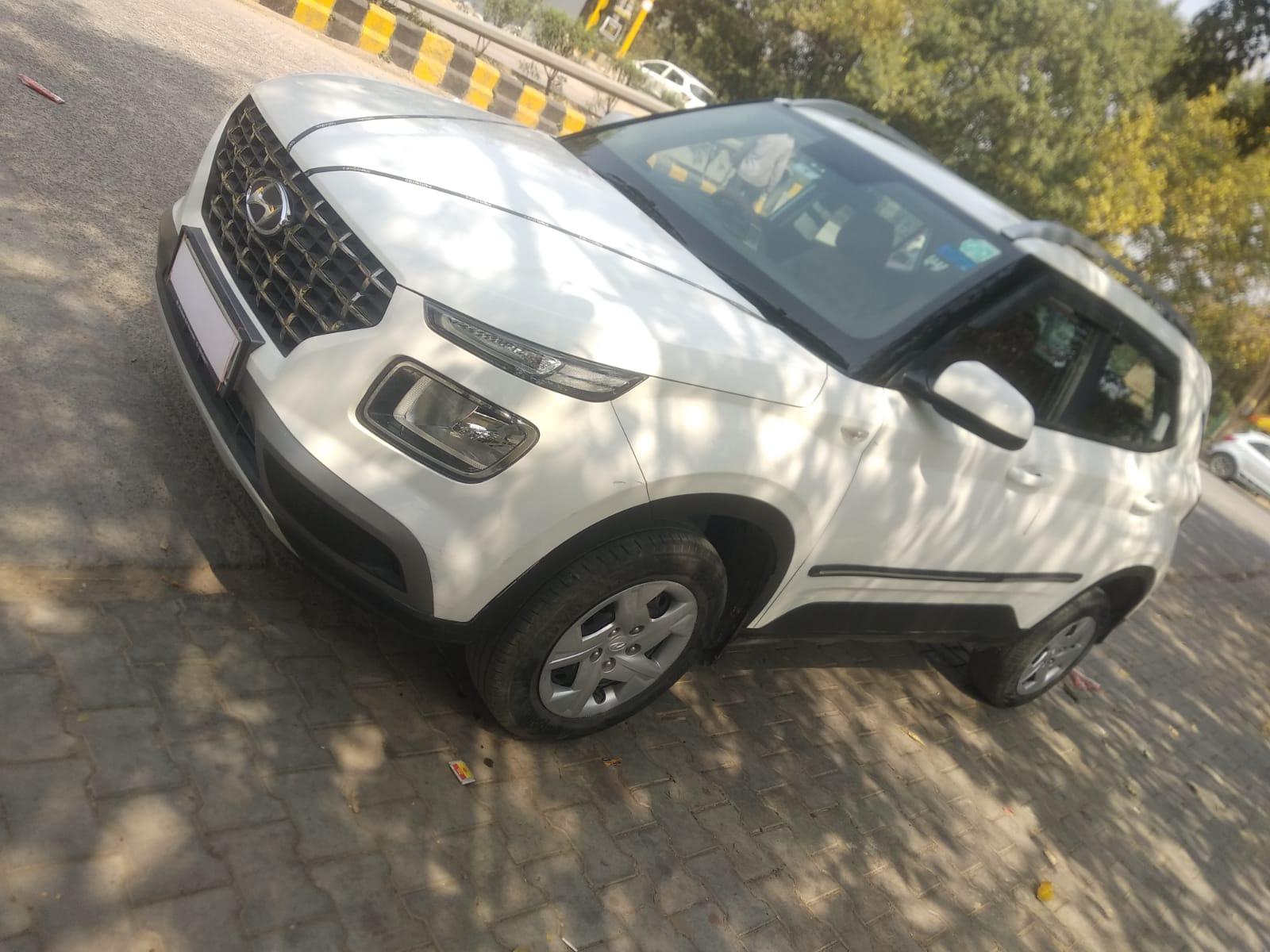
- 13,870 km
- Petrol
- Manual
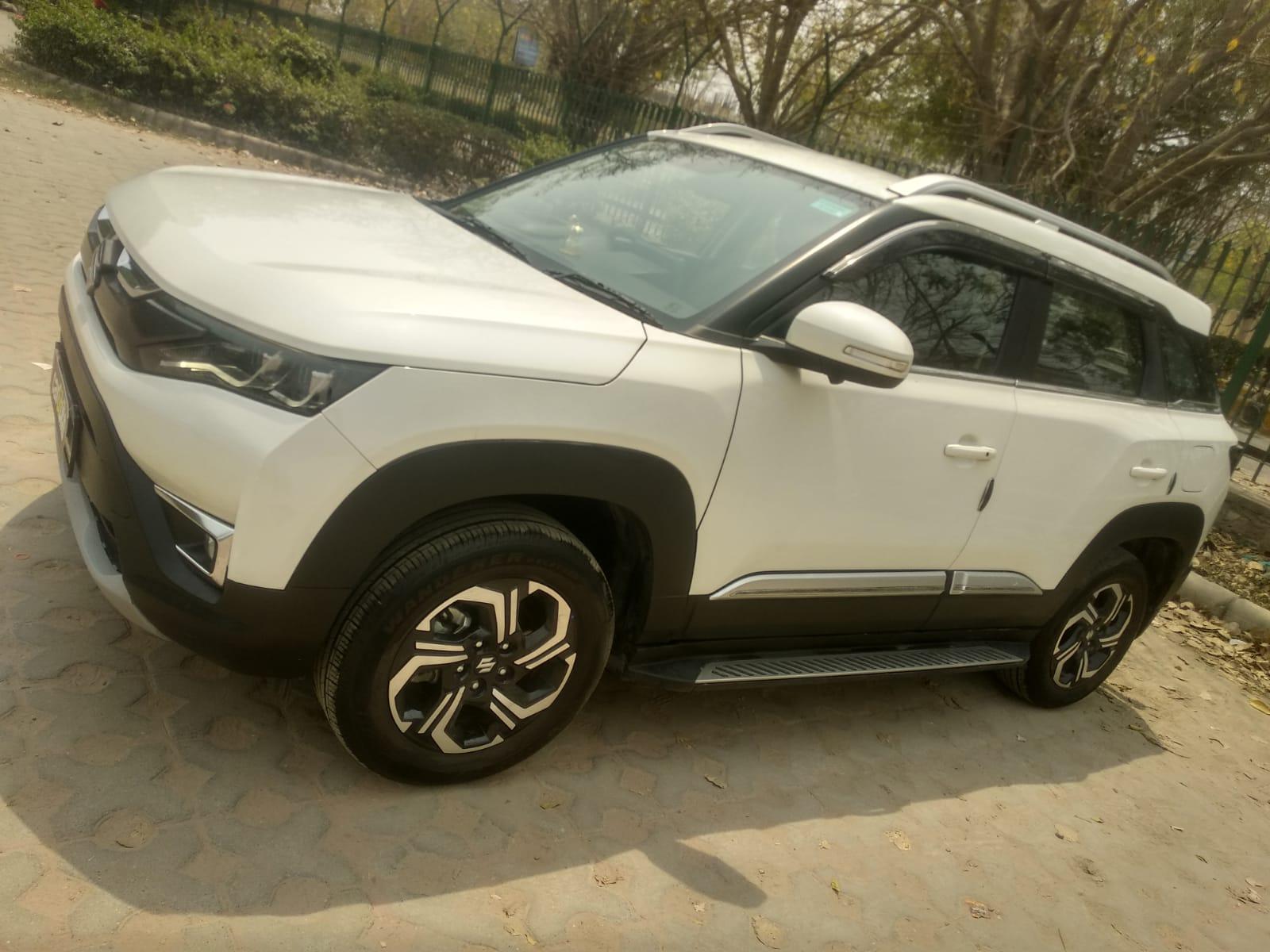
- 5,903 km
- Petrol
- Manual
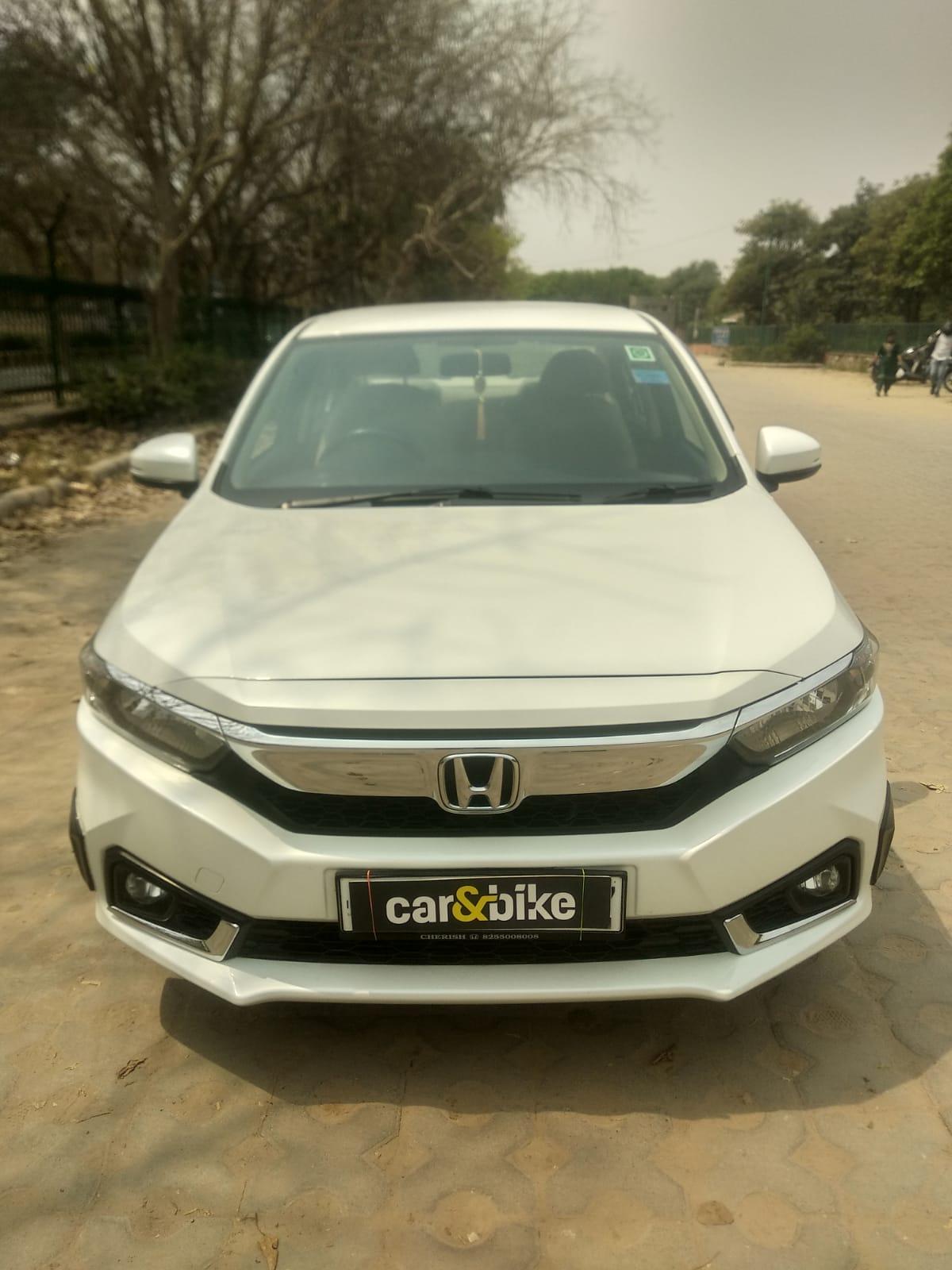
- 19,798 km
- Petrol
- Manual
Upcoming Cars
Upcoming Bikes
Explore More
Latest News
Related Articles






